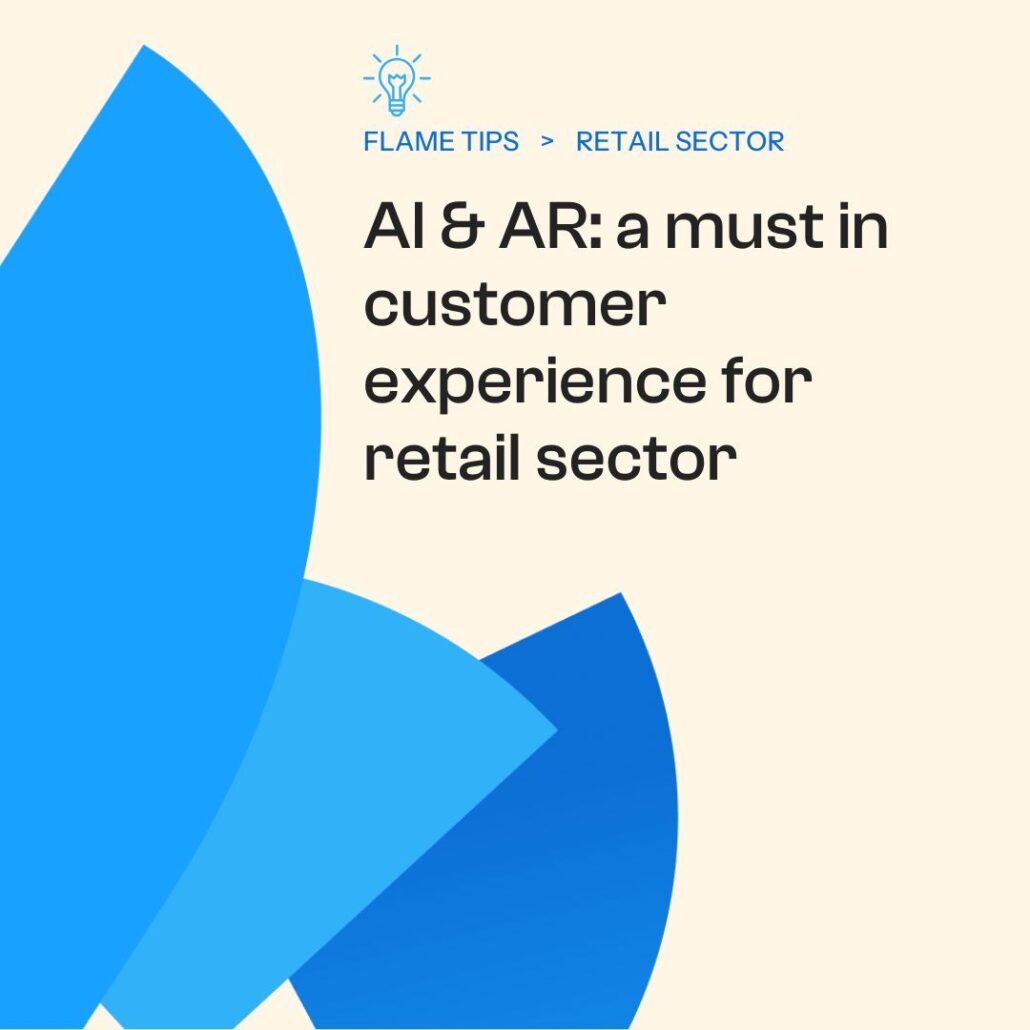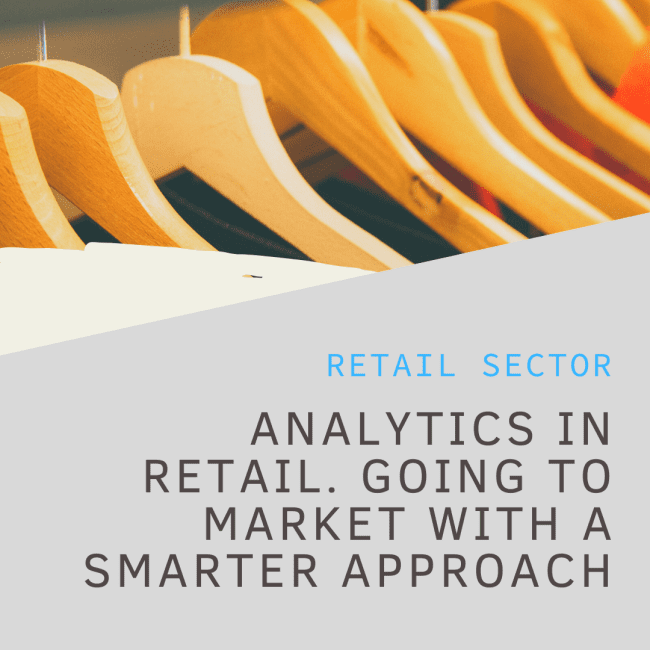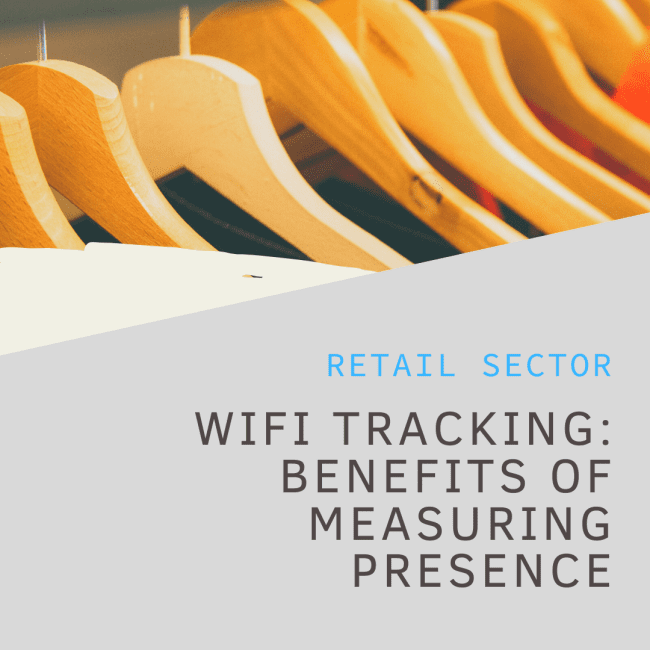Thinking forwards to the future, retail trends that accelerated during the pandemic, such as the rise of e-commerce, are expected to continue. In order to recover from the COVID’s disruption, retailers must become more creative and find new and innovative ways to engage customers in 2023. We are aware that artificial intelligence and augmented reality have gained ground among the many different technologies that have contributed to the new scenario that the retail industry is facing. Stay in this blog to understand the role of AI and AR for retail.
The Evolution of AI and AR for Retail
AI and AR may be popular concepts in retail and ecommerce right now, but they are not new technologies. Home goods retailers, such as IKEA or Home Depot, have been using augmented reality (AR) for years to improve the customer experience when shopping for furniture and paint. In 2013 and 2017, they both released mobile apps that used augmented reality to allow customers to preview what a product might look like in their homes, from doors to chairs to sink fixtures.
Immersive Experiences Become a Reality
For many customers, scrolling through Instagram instead of walking around the mall has become the preferred method of shopping. Making purchases in apps like TikTok is also becoming increasingly popular as a form of entertainment.
Customers want to experience the purchasing process as in-person entertainment now that pandemic restrictions have been lifted. Experiential retail gives customers hands-on activities like free classes, pop-up shops, and parties. Some retailers are even remodeling their storefronts to make them more of an entertainment venue than a place to shop for goods.
Customers are willing to pay a premium for this type of shopping entertainment, and retailers are taking note. This is how nearly 60% of retail leaders plan to increase their budget for personalization in relation to customer experience in the coming months.
Recognizing Customer Intentions is the Future of Retail
Customers want to be wowed by immersive shopping experiences, but the pandemic has worn down their tolerance for poor or uninterested customer service. One bad experience is all it takes for half of your customers to switch to a competitor.
Artificial intelligence (AI) and augmented reality (AR) are two proven ways for retailers to improve the customer experience.
Retail Industry Using Augmented Reality
AR in retail is transforming the shopping experience. Customers can better interact, customize, and engage with products in retail with AR, allowing them to make better purchasing decisions. AR augments a user’s real-world experience by superimposing digital content and information.
Smart stores will improve customer experiences. As they walk past your store, send them a mobile notification about your best deals. Make shopping at the mall enjoyable for your customers. Include some augmented reality games in the mix.
AR use cases in retail are expanding at a rapid pace. In the following ways, AR will bridge the gap between online selling and the customer experience:
- Warehouse space optimization: By streamlining warehousing management activities such as order allocation and picking, inventory control, material handling, and packaging, AR can improve complex warehouse operations. Retailers can improve their warehousing planning by using an interactive 3D warehouse layout.
- Virtual fitting room: Customers can try on clothing, jewelry, and other accessories even if they are not in your physical store. Even without touching an item, customers can see the size, style, and fit of clothing before purchasing it.
- Placement previews: see how a new piece of furniture will look in a specific location. This interactive preview experience keeps users engaged throughout the purchasing process.
- Interactive AR packaging: interactive packaging provides consumers with a highly engaging shopping experience, increasing in-store sales. Customers could scan a QR code on the package to learn about the latest deals and discounts, new product launches, and the brand’s history.
- Complete product information: AR allows for the superimposition of extra information about the product that your customers may not be able to obtain easily in physical stores. Processing product information is the most important variable affecting a customer’s purchasing decision, as they want to know if the products will meet their needs.
The Impact of AI on Retail
The modern retail sector is characterized by high consumer expectations and a new covenant of data-driven retail experiences. But, it is not simple for merchants to create a personalized shopping experience at scale that is meaningful and relevant. The retailers who can develop their retail channels will distinguish themselves as industry leaders when digital and physical purchase channels merge.
Here are some examples of the ways in which AI is revolutionizing the whole retail sector.
- Inventory management – Better demand forecasting is being made possible by AI in retail. These business intelligence systems foresee industry movements and make proactive changes to a company’s marketing, merchandising, and business strategies by mining insights from marketplace, customer, and competition data. Supply chain, pricing, and promotions are also impacted by these technologies..
- Dynamic Outreach: Through repeated interactions, advanced CRM and marketing systems learn a consumer’s behaviors and preferences to create a thorough shopper profile. They then use this data to deliver proactive and personalized outbound marketing, such as specialized recommendations, incentives, or content.
- Personalization & Customer Insights – With tools like Flame Analytics, Smart retail spaces recognize customers and adapt in-store product displays, pricing, and service through biometric recognition to reflect customer profiles, loyalty accounts, or unlocked rewards and promotions, creating a tailored shopping experience for each visitor on a large scale. They can use this information to further enhance the shopping experience and provide more individualized service.
- Emotional Reaction – AI interfaces can understand customers’ current emotions, reactions, or mentality and provide the right items, advice, or support, guaranteeing that a retail experience doesn’t fall short. This is done through recognizing and analyzing facial, biometric, and aural clues.
- Customer Engagement – By communicating with customers using IoT technology, retailers can learn important details about their preferences and behavior without having to speak to them personally. This technology has taken advantage of consumer data and behavior trends, enabling businesses to boost customer engagement and success. Retailers will also be able to create personalized communications with their clients taking into account features such as gender or age.
It can seem intimidating to implement the infrastructure needed for AI and AR for retail, but it doesn’t have to be. You will receive help and direction at every stage of the process when working with a technology solutions partner like Flame Analytics, even after deployment. To learn more about Flame Solutions for retail businesses, get in touch with one of our specialists.







